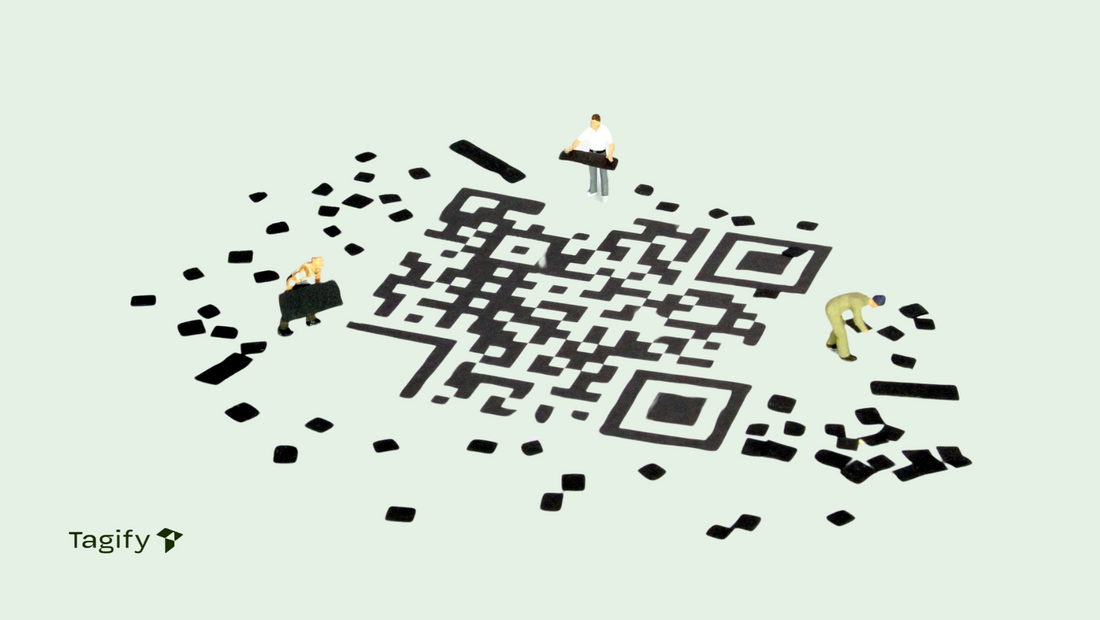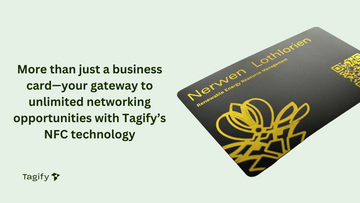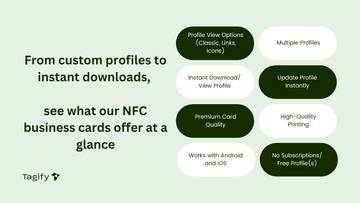QR Code Evolution

The Origins of QR Codes
QR codes, short for "Quick Response" codes, were first developed in 1994 by Denso Wave, a subsidiary of Toyota. The purpose was to improve the tracking of parts during the manufacturing process. Unlike traditional barcodes, which could only store information horizontally, QR codes could store data both horizontally and vertically, allowing for much more information to be encoded. This made them ideal for industrial use, but their versatility quickly saw them adopted in many other sectors, from marketing to payments. Today, QR codes are widely used across industries for scanning and instant information sharing.

From Barcodes to QR Codes: The Need for Innovation
Barcodes revolutionized inventory tracking, but their one-dimensional structure limited the amount of data they could store. As industries grew, the need for a more versatile solution became evident. Barcodes could only encode a small string of numbers, making them inefficient for complex applications like automotive manufacturing, where tracking parts and accessing information quickly was critical. In 1994, Denso Wave, a Japanese company, created QR codes to solve this problem. Unlike barcodes, QR codes stored information both horizontally and vertically, significantly increasing data capacity. This two-dimensional approach allowed QR codes to encode URLs, text, and even multimedia links, offering a leap forward in data-sharing technology.

QR Codes in Business and Beyond
QR codes have become an essential tool across various industries, transforming how businesses engage with customers. In marketing, QR codes provide a quick and direct way to share product details, promotions, or links to websites, enhancing user experience. Retailers and restaurants use QR codes for contactless payments, menus, and loyalty programs, offering convenience and speed to customers. Beyond business, QR codes are used in healthcare for patient tracking, in education for sharing learning resources, and even on public monuments to provide historical information. Their versatility and ease of use have made them indispensable in today’s digital landscape, expanding their reach far beyond industrial settings.

Innovations and Customization in QR Code Technology
As QR codes have evolved, innovations and customization options have expanded their utility and appeal. Companies can now create branded QR codes with custom colours, logos, and designs, making them more visually engaging while maintaining functionality. Advanced QR codes support more data, allowing for features like tracking and real-time updates. Dynamic QR codes offer flexibility, enabling businesses to change the destination URL even after the code has been printed. With these innovations, QR codes are not only functional but also an integral part of brand identity, enhancing user interaction and customer engagement across various platforms.

Free Static QR Code Generator
NFC Tagify offers an easy-to-use free static QR code generator that empowers individuals and businesses to create custom QR codes effortlessly. Whether you’re a small business owner looking to create QR codes for your menus, marketing campaigns, or product labels, or simply need one for personal use, this tool provides a simple solution. With the ability to encode URLs, contact information, or text, it offers flexibility across various applications.
Unlike dynamic QR codes, static QR codes are permanent and ideal for one-time-use cases, where the content doesn’t need to be updated. The best part? NFC Tagify's generator is free and allows unlimited usage. No subscription or hidden fees—just a quick, intuitive process to create your own QR codes, which can be downloaded instantly in various formats. Visit our QR Code Generator and get started today.

We at NFC Tagify provide all sorts of NFC solutions. Contact us: Tel. 01600800080, Email: info@nfctagify.com









